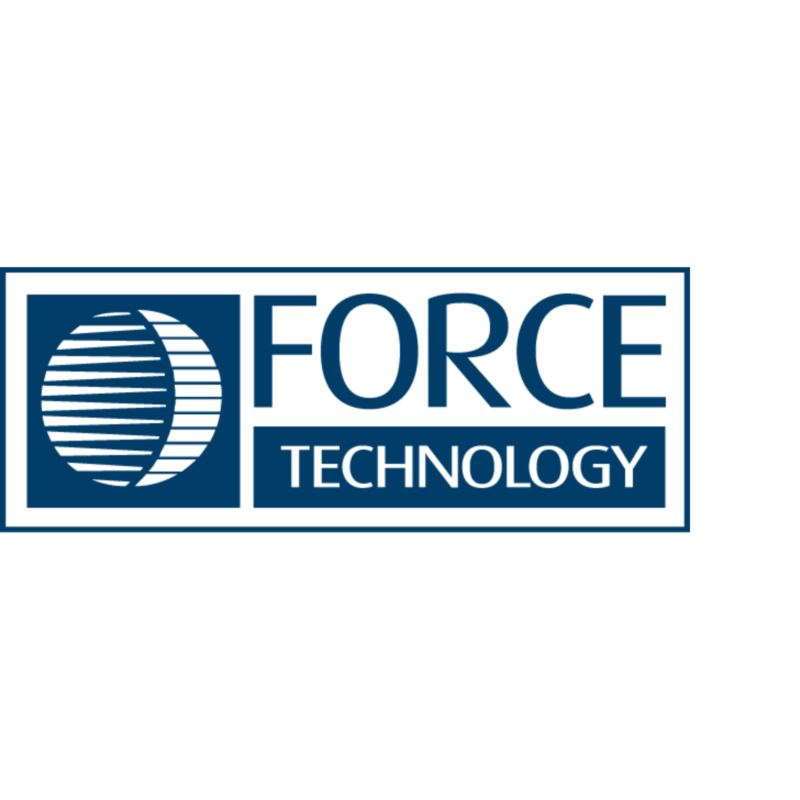The technical aspects to the legal, business and operational parts of a data spaces require harmonization. What works? What is allowed and what’s not? With standardized agreements, based on the IDSA rulebook for data spaces, interoperability becomes possible. The referee can blow the whistle and start the soccer game!
Marko Turpeinen, CEO of 1001 Lakes, who chairs the Rulebook Working Group to create a new more mature rulebook version, emphasizes that this is a “multi-party governance scheme, and the idea with the rulebook is actually multi-level.” There are four levels to be exact:
- Organizing interoperability in data spaces and between them
- Providing the rules by which data spaces are governed
- Creating a foundation for commercial offerings to build data spaces
- Defining how to control data usage and ensure trust
A key task on the way to this complex goal is to coordinate with other initiatives and projects and to integrate best practices.
An example from Finland is the SITRA Fair Data Economy Rulebook which is a more generic template that it is focused on the contractual aspects of data sharing. It is an openly available tool with model contracts. SITRA and the IDSA Rulebook supplement each other.
Data Sharing Canvas: enabling cross-domain data sharing
The Data Sharing Canvas which was created in the Dutch Data Sharing Coalition to help industry-specific data sharing initiatives in the Netherlands finding common standards. The Canvas is intended to keep pace with the increasing data exchange, particularly in large data ecosystems. Its main focus is data sharing across domains and industries – where the big business potential lies. It contains harmonized agreements and nine central data space building blocks between the most important domains.
Vastuu Group: interoperability through the “data socket”
The rulebook of the Finnish Vastuu Group, a company for exchange of personal, business, and industry data, operates especially in the interconnectedness of companies and the smart city context, where a large number of actors are involved in data exchange. The rulebook offers layers that define access authentication, access permissions, and data operations across the group. And the understanding of data sources, data usage, and interoperability requirements. Vastuu establishes interoperability through a “data socket” that controls access to data sources and permissions, basically an IDS-compliant connector. Come plug and play!
VISIONS: data sharing automated
The French VISIONS generates data sharing contracts, offers a blockchain-based contract signing followed by a contract validity check, all in an automated way. This is how simple the secure, sovereign data sharing can work. Marko again: “We are really seeing a strong push of harmonizing, how data usage control is happening”.
Goalkeepers – get ready, the action can begin!









